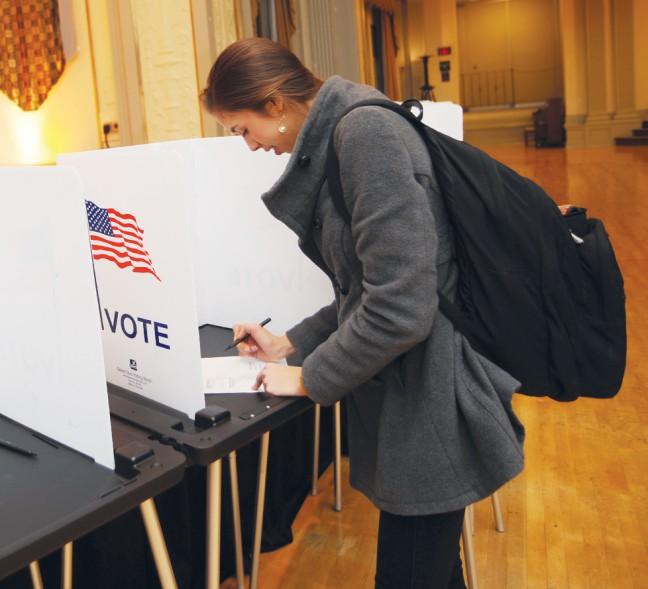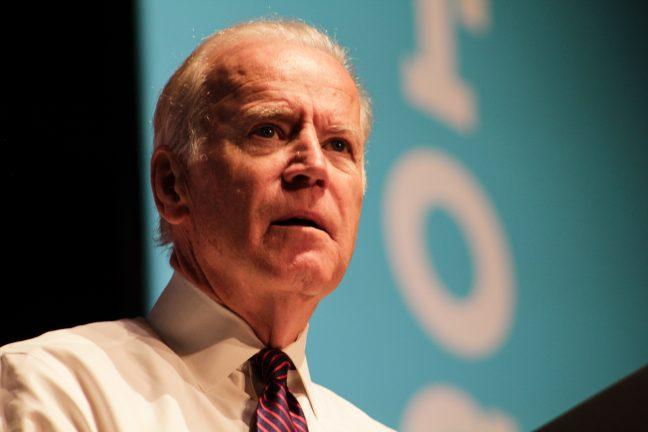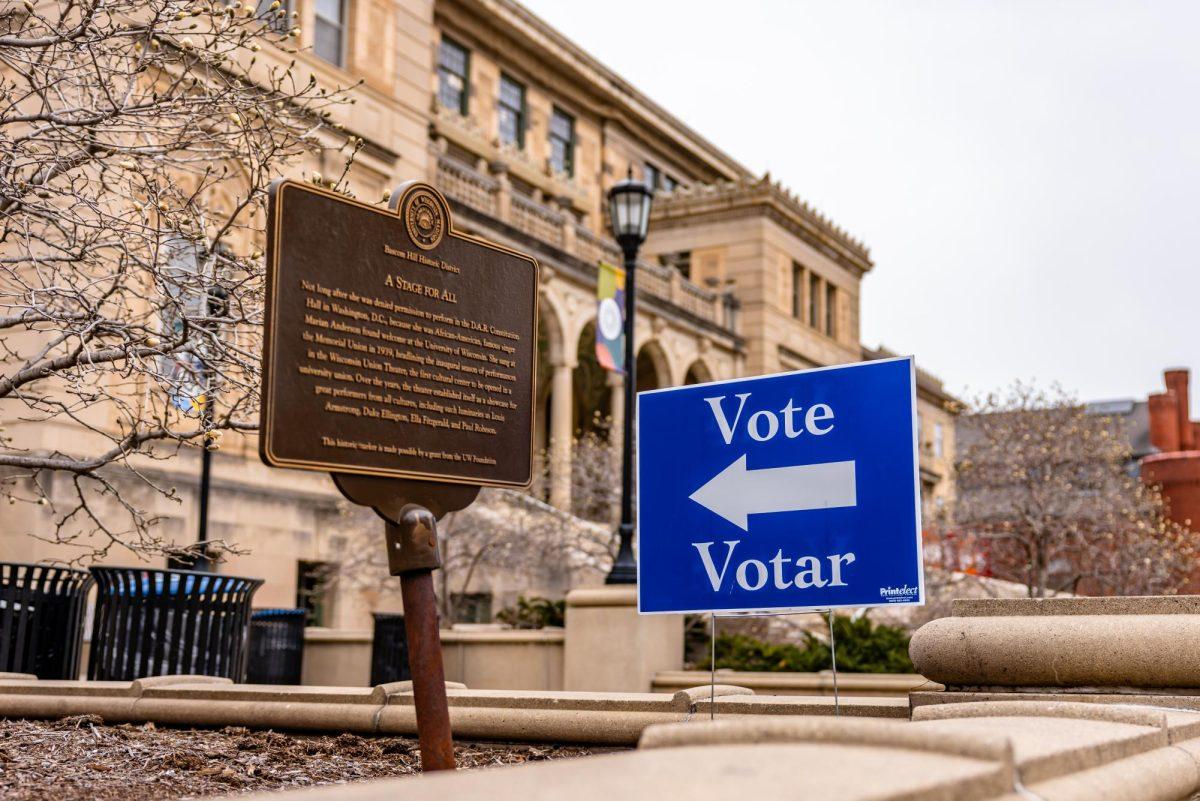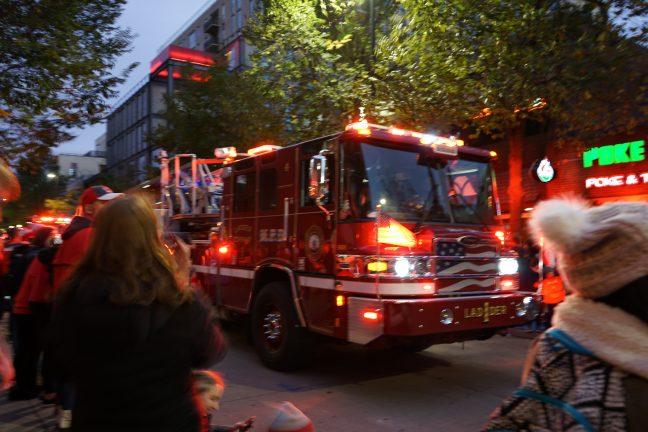A federal judge struck down the state’s voter ID law Tuesday, saying that requiring photo identification at the polls to vote places a disproportionate burden on low income and underrepresented populations.
U.S. District Judge Lynn Adelman sided with the plaintiffs in the case and declared the law invalid on the grounds that it placed an “unjustified burden” on citizens’ right to vote, violating the Voting Rights Act and the equal protection clause of the Fourteenth Amendment. He also placed an injunction on the law to bar its enforcement.
The burdens of the law would fall disproportionately on the state’s minorities and poor because of the social barriers that prevent them from obtaining a photo ID or the documents necessary to obtain an ID, Adelman said in the decision.
Supporters of the law said it would protect against election fraud, promote public confidence in the elections process and ensure accurate record-keeping at the polls, but Adelman said the burdens of the law do not outweigh any potential benefits.
“[The law] only tenuously serves the state’s interest in preventing voter fraud and protecting the integrity of the electoral process, and therefore the state’s interests do not justify the discriminatory result,” he said.
Wisconsin Attorney General J.B. Van Hollen said the state will appeal the ruling.
“I am disappointed with the order and continue to believe Wisconsin’s law is constitutional. We will appeal,” he said.
State Sen. Mary Lazich, R-New Berlin, who chairs the Senate’s elections committee said she’s “disappointed and not surprised” by Adelman’s decision.
“I fully support the Attorney General in his appeal of this decision,” Lazich said. “Voter ID ensures the age old principle of one vote for one person. My goal of transparent, open elections free from suspicion of fraud will not be deterred by judicial activism.”
The law was only in effect for the elections in February 2012 before a Dane County judge blocked its implementation. The state Supreme Court heard challenges to the state’s law in February.
The law would need to clear all federal and state challenges in order to be in effect again.













